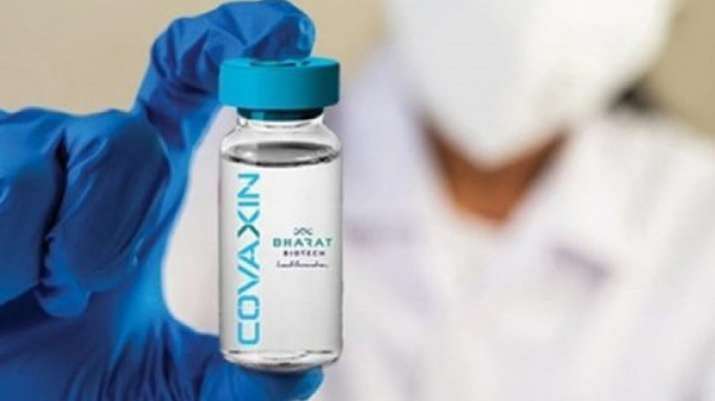
WHO’s disapproval of Covaxin a setback for Indian science

The World Health Organization’s (WHO) refusal to grant emergency use authorisation for Covaxin, manufactured by Hyderabad-based Bharat Biotech, has come as a ‘serious setback’ for India’s efforts to take its indigenous COVID vaccine to the global stage, said the All India Peoples Science Network (AIPSN).
The Network said the WHO’s decision would have an impact on the vaccination drive in the country and hit Indians’ plans to travel abroad, especially students who want to pursue higher studied abroad but struggle to enter foreign soil because Covaxin is not recognised by the WHO.
Taking a dig at Government of India for granting approvals to Covaxin earlier without adequate trial data, the AIPSN sought “public accountability, transparency and scientific rigour” in the process of granting approvals for emergency use authorisation.
The Network fears that Covaxin will once again face vaccine hesitancy in India as it did during the earlier “controversial” approvals process. AIPSN said it had earlier urged the public disclosure of trial data and now regrets the serious damage done to India’s reputation because of Bharat Biotech’s flawed application to WHO regulators. “As a result, Indian science and regulatory systems will now come under heightened international scrutiny and suspicion,” the Network stated.
Also read: COVID Vaccines 2.0: Where will they come from; how will they differ?
The AIPSN also criticised Bharat Biotech, the makers of Covaxin, for approaching the Drug Controller General of India (DCGI) in December last year “with inadequate data of clinical trials”, which resulted in rejection. The Hyderabad-based company released phase III trial results in a phased manner, but it has not published the results in a ‘peer-reviewed journal’. It has only published the pre-publication, which could be the reason why WHO rejected its approval application.
The AIPSN has now warned the government to not to repeat the blunders while granting approval to ZyCov-D, a vaccine for children in the 12-18 age group, since its trial results have not been made public yet.
The All Indian People Science Network urged the government, ministries, institutions and authorities to adhere to the scientific standards of clinical trial results and publish them with complete transparency. The Network also urged regulatory agencies to assert their independence from both government and corporate interests, and make judgments based on scientific analysis. It also stated that the vaccine producers must build transparency.

